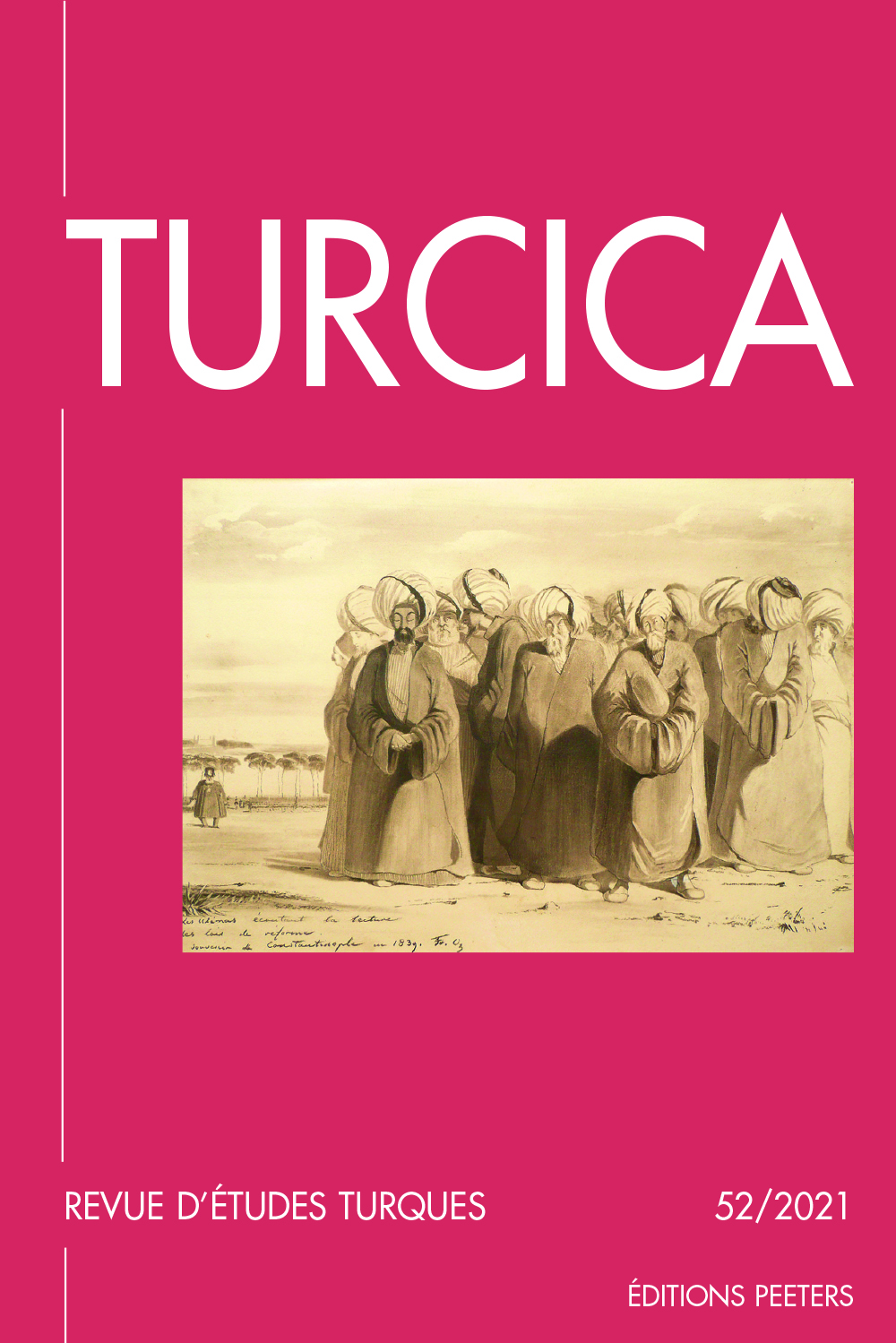 previous article in this issue previous article in this issue | next article in this issue  |

Preview first page |
Document Details : Title: Raguse (Dubrovnik) et l'empire ottoman à l'époque de Süleymân le Legislateur Subtitle: Douze actes de Süleympan le Législateur adressés à Raguse Author(s): BOJOVIC, Boško I. Journal: Turcica Volume: 35 Date: 2003 Pages: 257-290 DOI: 10.2143/TURC.35.0.578743 Abstract : Le règne de Süleyman le Législateur correspond, pour Raguse, à la période de sa plus grande prospérité, provenant de son commerce florissant dans l’Empire ottoman. Rapports de forces et d’interdépendance et surtout rapports d’intérêts et d’argent sont la marque majeure de ce partenariat, aussi financièrement dynamique qu’économiquement conflictuel. La question des douanes, privilège le plus important de Raguse, est au centre des relations riches en rebondissements entre la République marchande et la Porte. Le tribut annuel de 12 500 ducats d’or est néanmoins la garantie principale du maintien des privilèges ragusains à l’origine de leur prospérité dans l’Empire. Les documents présentés ici sont les derniers émanant d’une chancellerie slave de la Porte qui avait facilité la correspondance diplomatique entre ces deux partenaires privilégiés, depuis au moins 1430, et peut-être même depuis l’époque de Bayezid Ier, pour prendre fin sous cette forme de médiation à l’époque de Süleyman le Législateur. For Ragusa the reign of Soliman the Magnificent was the period of its greatest prosperity, resulting from its flourishing commercial relations with the Ottoman Empire. Balance of power, interdependence and, especially, relationships of interest and money are the major hallmards of this partnership, as financially dynamic as it was economically contradictory. The question of customs duties, Ragusa’s most important privilege, is at the centre of a constantly changing relationship between the trading Republic and the Porte. The annual tribute of 12 500 golden ducats was nevertheless the main guarantee of the preservation of the Privileges of the Ragusans from which their prosperity in the Empire originated. The documents presented here are the last ones emanating from the Slavic chancellery of the Porte which had facilitated diplomatic correspondence between these two privileged partners, since at least 1430, and may be even since the time of Bayezid I, before this type of mediation finally came to an end at the time of Soliman the Magnificent. |
 |


